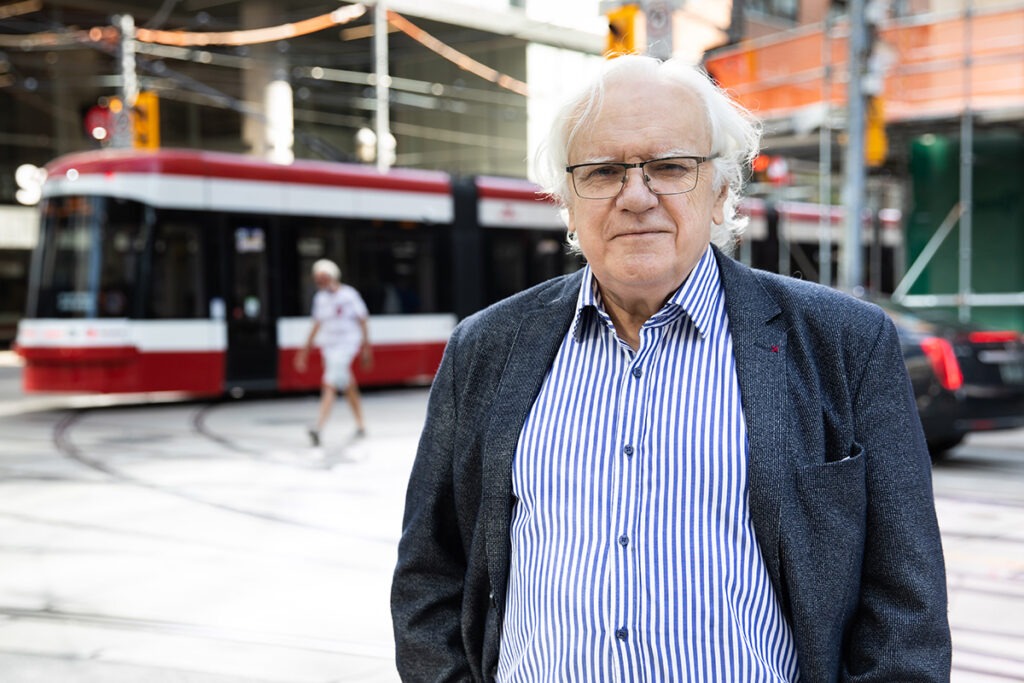Unity Health hosts COVID-19 conference to transform global research collaboration

Dr. John Marshall
Sign up for the Unity Health Toronto newsletter, a monthly update on the latest news, stories, patient voices and research emailed directly to subscribers. If you haven’t subscribed yet, you can do that by clicking here.
Unity Health Toronto is hosting an international research conference to critically examine the lessons learned during the COVID-19 pandemic and lay the foundation for more equitable, collaborative clinical research to help prepare for future pandemics.
Researchers from roughly 40 countries as well as representatives from the World Health Organization will be attending the three day meeting, which will run from Oct. 4-7 at the Li Ka Shing Knowledge Institute at St. Michael’s Hospital. Together, they will discuss how to build better research models and how to use the learnings of the past three years to strengthen the role of clinical research in acute care delivery.
“The whole purpose of this colloquium is to say, ‘Now that we’ve come through COVID, what did we learn about global research collaboration?’” said Dr. John Marshall, a St. Michael’s intensivist and critical care researcher, who is leading the meeting.
“Where did it work? Where are the fault lines? What do we need to do better? And how can we be even better prepared for the next one, while also applying these lessons to improve critical care during non-pandemic times?”
A key theme of the meeting will look at how to build clinical trials going forward.
Clinical trials are research studies that test a medical, surgical or behavioural intervention in people. If they’re designed properly, and have a large number of participants, they can be effective at discovering the best treatments for illnesses or diseases. For example, clinical trials determined that the COVID-19 vaccines were safe and effective in preventing severe illness due to the virus.
During the pandemic, there was an immediate need to recruit thousands of patients into trials to get answers about COVID-19 quickly, said Marshall.
“We learned that we can do that in a matter of months, if we work and collaborate across national boundaries,” he said. “We also learned that there are new models for clinical trials that are more efficient and help simplify the process of international collaboration.”
Marshall points to the REMAP-CAP adaptive clinical trial, which continuously updated and tested treatments for COVID-19, as an example of an efficient trial model that could be adapted more broadly.
The meeting will also examine the impact of large-scale observational studies, which recruited hundreds of thousands of COVID patients during the pandemic. These studies helped researchers learn about the virus very quickly, but with better future planning and collaboration, we can learn even more, said Marshall.
Throughout the meeting talks, there will be an emphasis on equity and making sure that future research models reflect the needs of low and middle-income countries. This is critical, as the response during the COVID pandemic was very inequitable, with the majority of research conducted in upper-income countries, said Marshall.
“A major theme of this meeting is how do we build global capacity to better conduct research around the world, particularly in the global south? How do we empower researchers in areas where research is underdeveloped?” he said.
“We are a group of international investigators and clinicians across multiple different academic institutions, who are committed to working together to build a more equitable and responsive global research ecosystem.”
By: Marlene Leung
